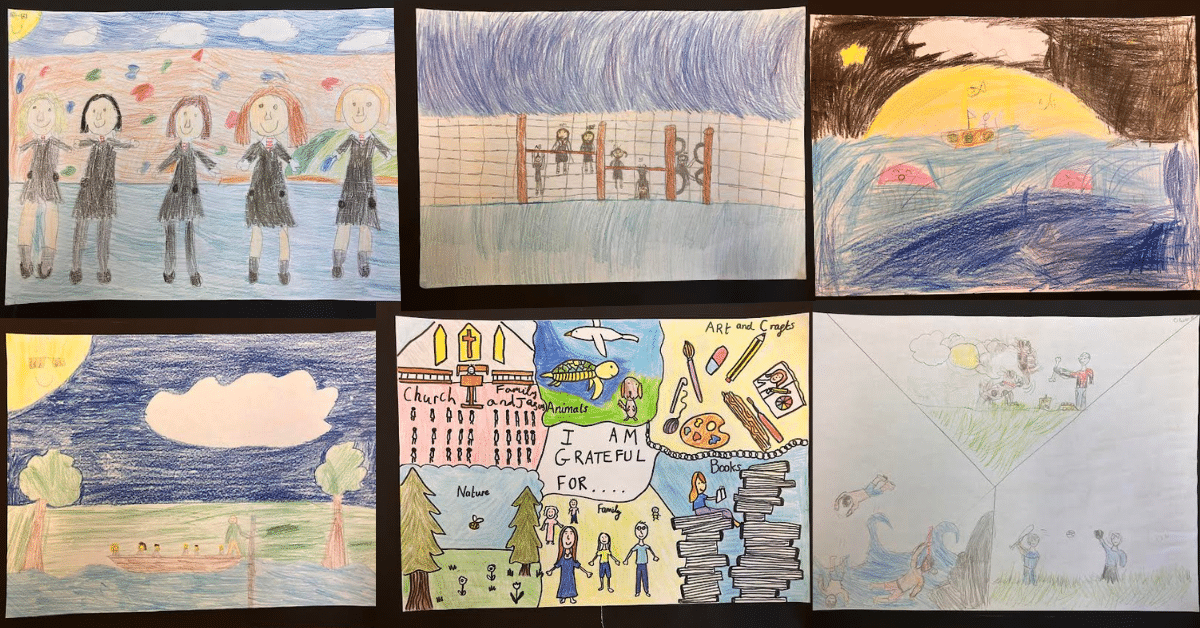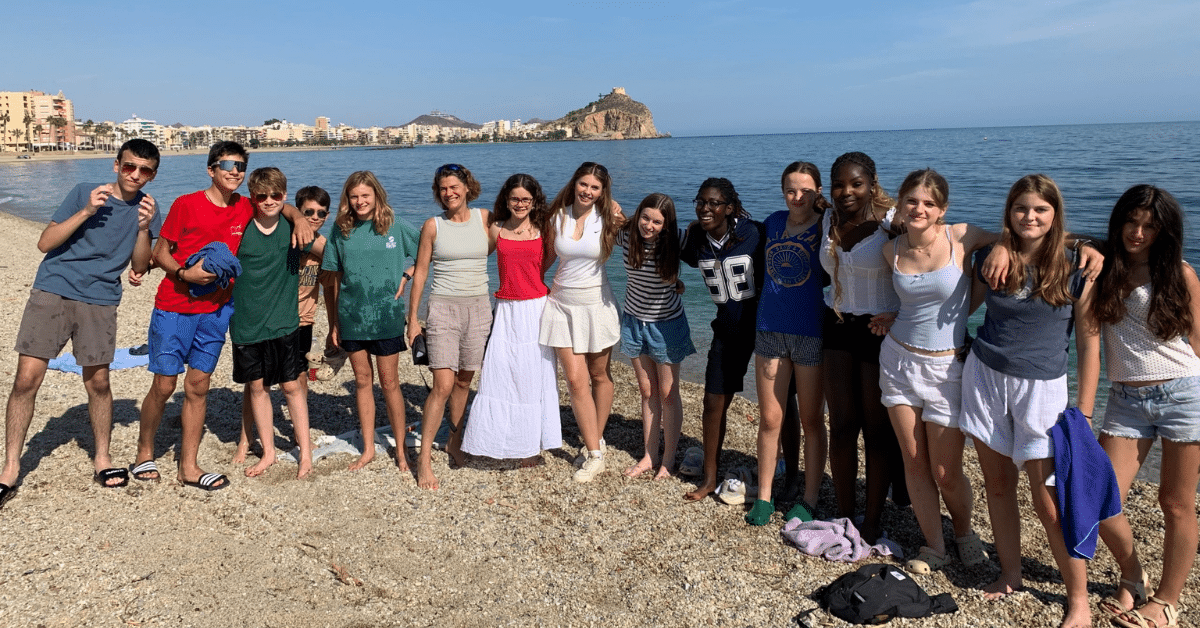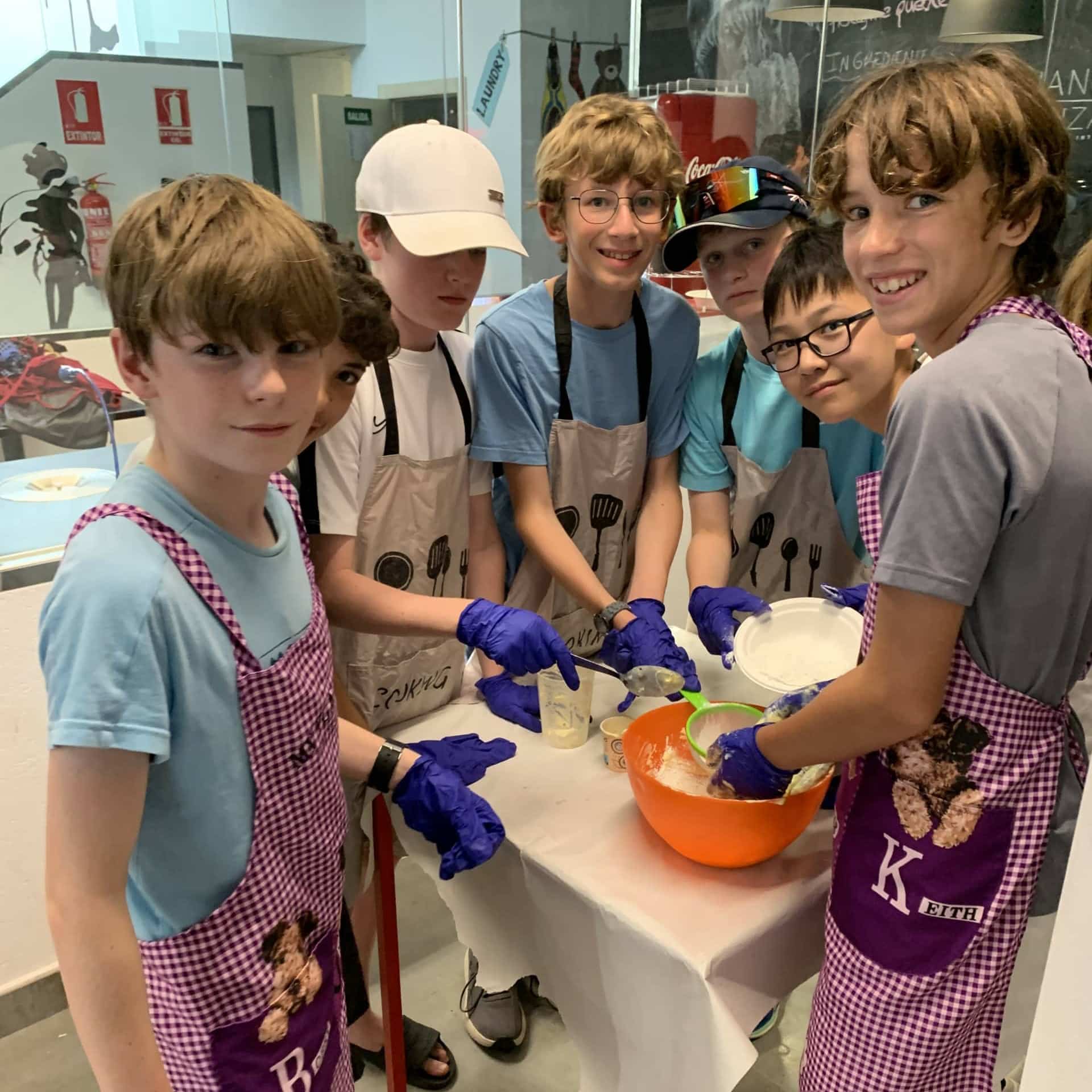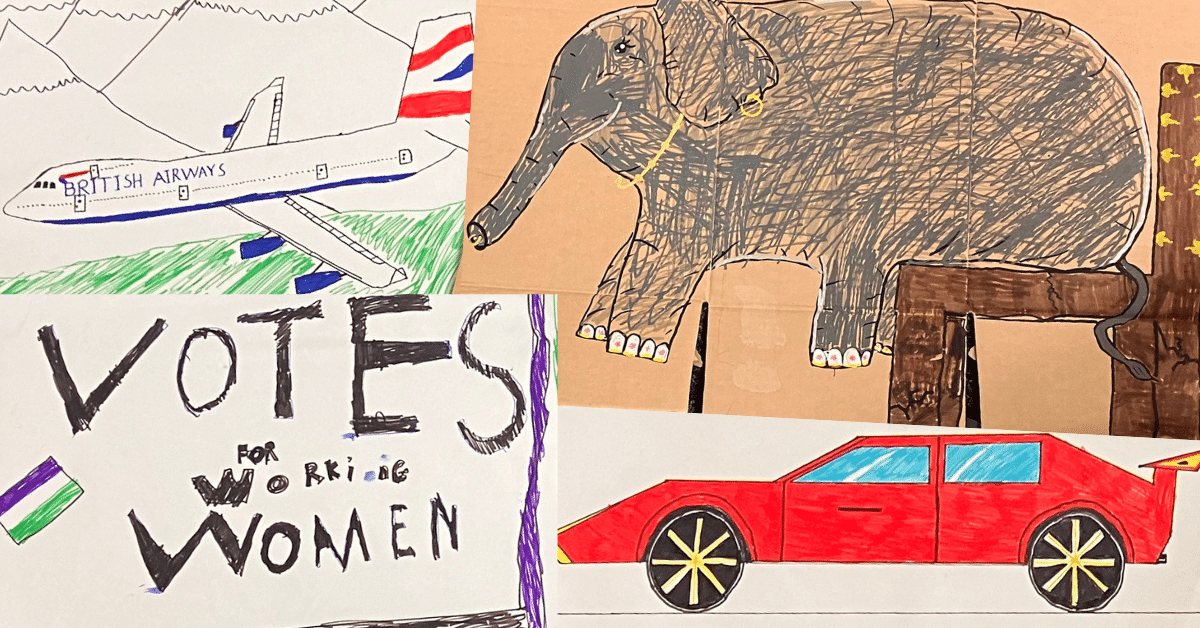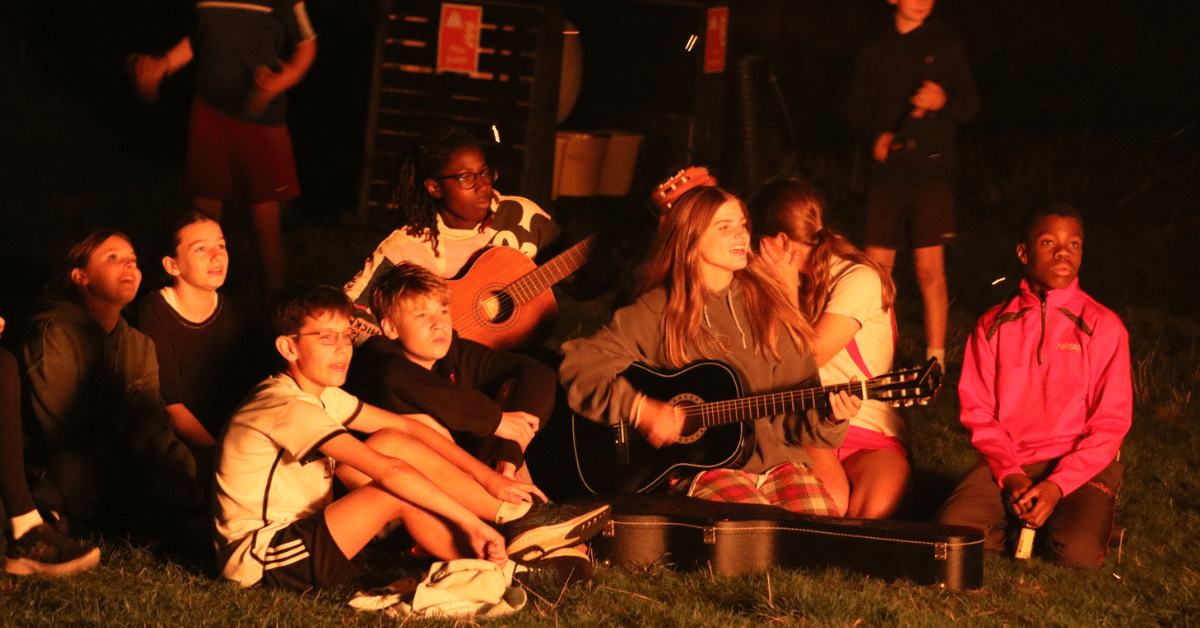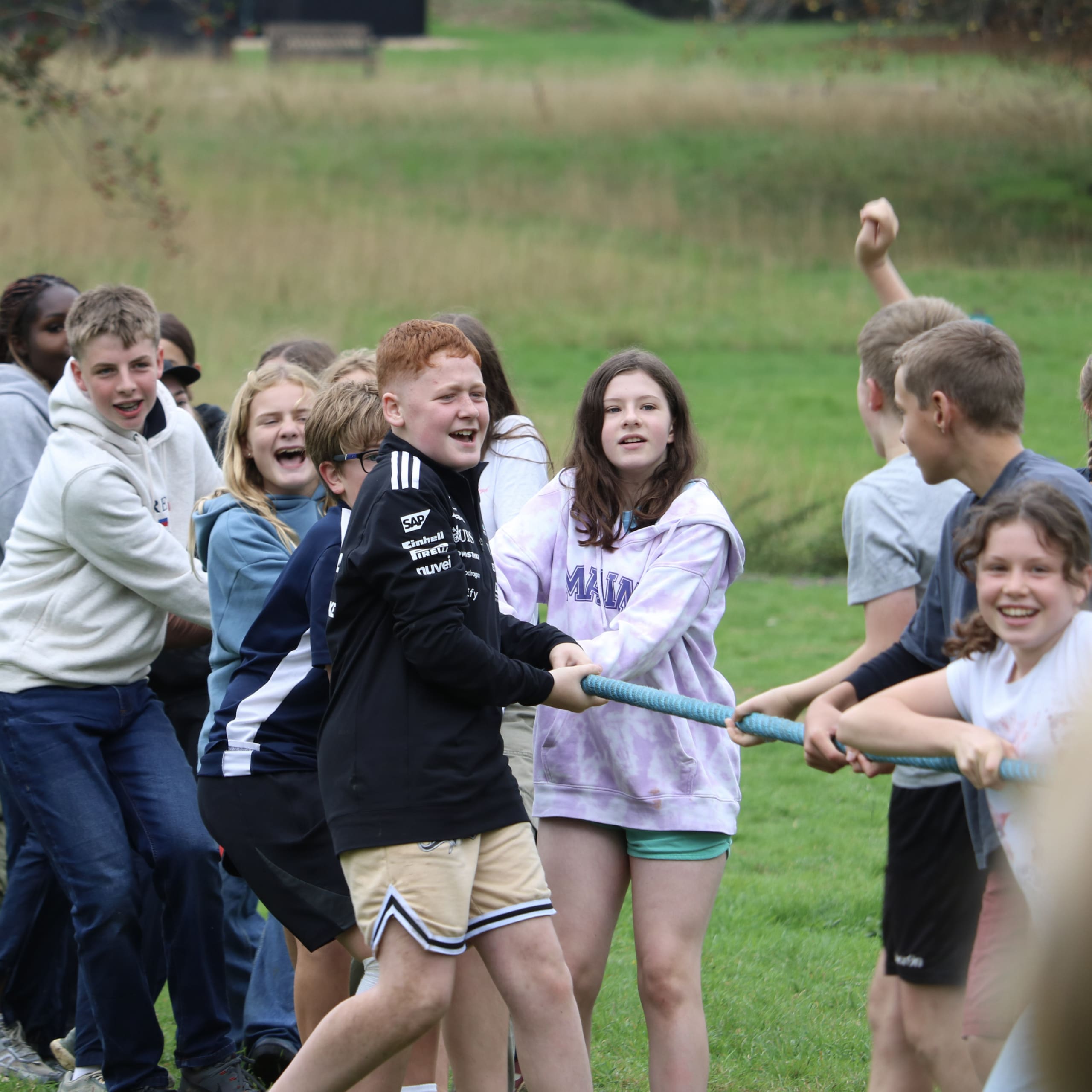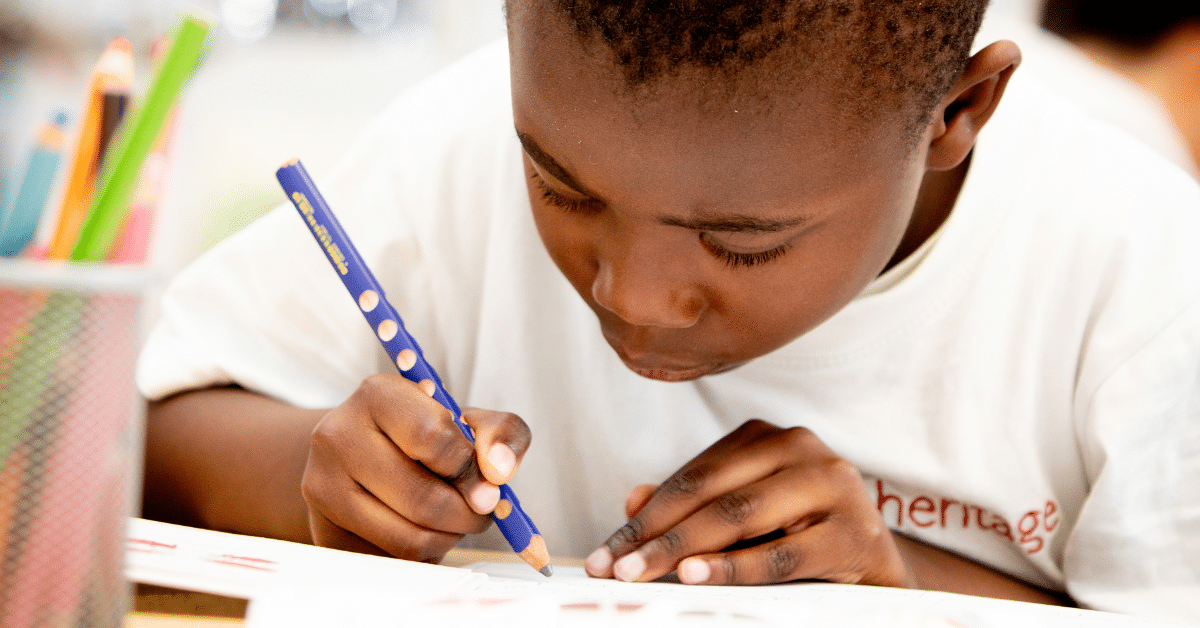Year 4 Class Assembly: The Gratitude Garden
On a rainy, dreary Monday morning, Year 4 reminded us of all the many things we have to be grateful for in their Class Assembly.
The Narrator set the scene – the Year 4 classroom, on a rainy Monday morning, with ‘sleepy, soggy, grumpy’ pupils. The teacher, Miss Willow, asks the class ‘What’s one thing you are grateful for today?’ only to be met with lots of groaning complaints instead – including sibling rivalries, wet socks and a bruised and dirty apple snack! Until one child pipes up with their gratitude for the rain which helps the flowers grow, and for a hedgehog waddling across the road which made them smile. Miss Willow reminds the class that ‘sometimes we forget how much we already have…’ and some twinkling bells send us into the next scene – set in ‘The Gratitude Garden’.
In The Gratitude Garden, a Willow Sprite greets the children and explains that they must complete three challenges before they can return home – one for nature, one for family and one for learning! For nature, in flutters a dancing, spinning leaf – the children notice how the leaf never stays the same for two days in a row and how the trees give us air to breathe and places for birds to sing. The leaf tells the children that they have passed their first challenge, by noticing the beauty that surrounds us. More twinkling bells and for the next scene a pebble sits in the middle of the floor. One of the children exclaims as they trip over the pebble and the pebble reminds them that he has held together the path they are walking on for many years. The children reflect that it’s a little like our parents – they help us quietly, even when we don’t say thank you – and they think of some of things they are grateful for about their parents. The leaf congratulates the children on passing the family challenge – remembering to be grateful for the people who are around us every day who love, help and support us. With another twinkle of the bells, the children enter the next scene, discovering a book laying on the ground. They look inside the book and find all kinds of ideas; as the children think about all of the things they love to learn – about plants, animals, history, art and music – they express their gratitude for the opportunity they have to go to school and learn. At this, the Willow Sprite returns and lets them know they have passed their final lesson – that learning is a gift – one they should use and be grateful for. The bells tinkle for a final time as the children are transported to the classroom and Miss Willow welcomes them back. They tell her that they have realised they do have lots of things to be grateful for after all, and every child holds up their own drawing of some things they are thankful for, as they each tell the assembly what some of those things are.
The Narrator finished the assembly by explaining that ‘gratitude grows when we notice, remember and say thank you. Notice the world around you. Remember all of the people who love and care for you and say thank you’. Year 4 closed their Class Assembly with a prayer, thanking God for nature, family and learning.
What fantastic reminders Year 4 and Mrs Young – a thoughtful and very well rehearsed assembly, which we were all grateful for at the start of a new week!

